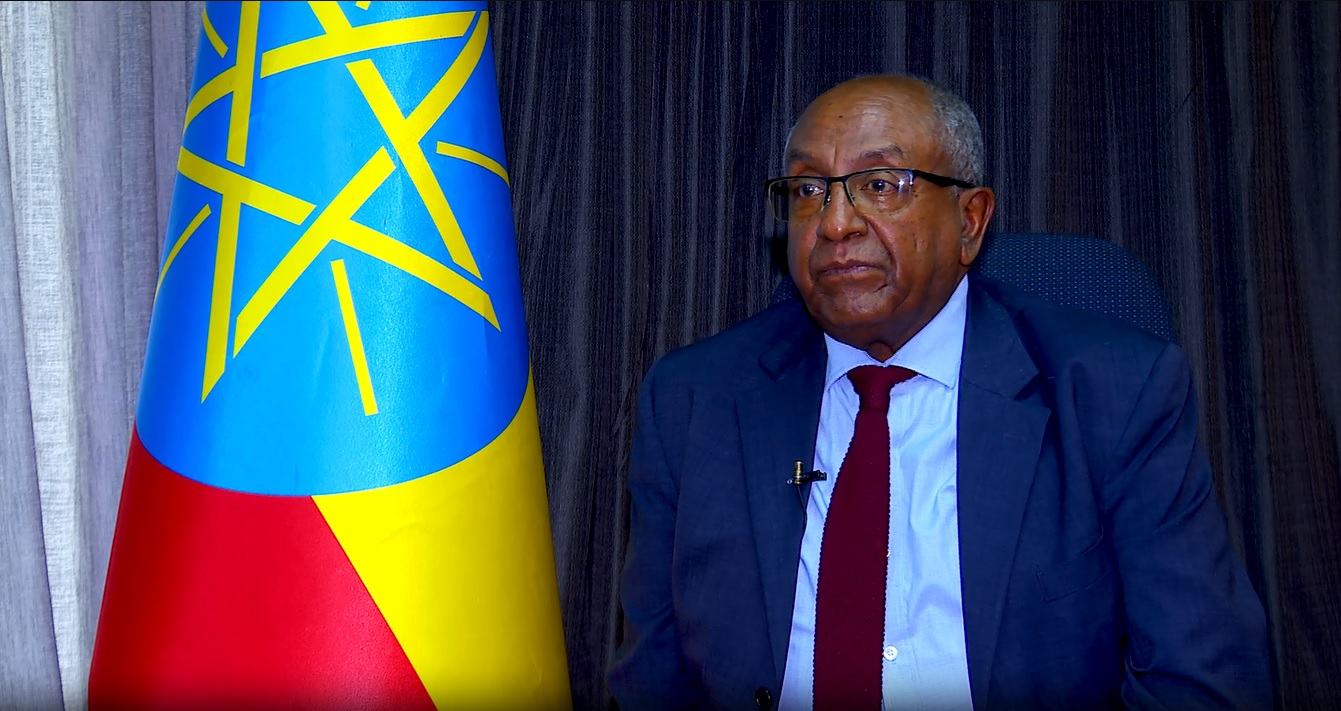GERD Paves the Way for Sustainable Development in East Africa — Says Expert in Foreign Policy - ENA English
GERD Paves the Way for Sustainable Development in East Africa — Says Expert in Foreign Policy

Addis Ababa, July 16, 2025 (ENA)— Grand Ethiopian Renaissance Dam (GERD) will be a source of hope for sustainable development across the East African region, according to Professor Brook Hailu.
Ethiopia is set to officially inaugurate the GERD in September 2025 marking a historic milestone in the nation’s development journey.
In an exclusive interview with ENA, Brook, Professor of Political Science and International Relations at Addis Ababa University, underscored the significance of the dam beyond national borders.
According to the scholar, widely regarded as a symbol of Ethiopian innovation, self-reliance, and regional cooperation, the GERD is poised to reshape the future of East Africa.
Ethiopia is set to officially inaugurate the Grand Renaissance Dam in the coming months, marking the near-completion of Africa’s largest hydropower project.
Prime Minister Abiy Ahmed confirmed to the Ethiopian House of People’s Representatives that the GERD will be inaugurated within the upcoming few months.
Describing the GERD as “a brilliant demonstration of national creativity and collective determination,” Professor Brook stated the years of foresight, meticulous planning, and firm commitment that brought the project to fruition.
Describing the GERD as “a brilliant demonstration of national creativity and collective determination,” Professor Brook stated the years of foresight, meticulous planning, and firm commitment that brought the project to fruition.
“This is an undertaking thoughtfully designed and executed with care. Its formal inauguration marks an extraordinary accomplishment for all Ethiopians,” he emphasized.
The GERD is set to revolutionize Ethiopia’s energy landscape by delivering clean, renewable electricity to millions of people, he said, adding, yet, its significance extends far beyond power generation.
The dam is also a potent symbol of Ethiopia’s sovereignty and its right to harness natural resources for national development, he added.
“This is Ethiopia’s rightful territory,” the professor affirmed. “The GERD is not just a hydroelectric facility; it is a symbol of our determination to use our resources responsibly and sustainably.”
According to Brook, despite recent progress in electrification, many rural areas across Ethiopia continue to face energy access challenges. The GERD is expected to be a transformative force, expanding energy access, catalyzing industrialization, and driving broad socio-economic advancement.
“We envision this project not only powering the economy but also improving the lives of millions,” he underscored.
Addressing concerns from downstream nations, especially Egypt, Professor Brook described these as “unwarranted apprehensions” that he assured neighboring countries that Ethiopia’s use of Nile waters is transparent, equitable, and focused on energy generation rather than resource domination.
“From the start, Ethiopia welcomed our neighbors to participate in this landmark initiative,” he remarked, emphasizing that the GERD’s purpose is to enhance regional prosperity without harming anyone’s welfare.